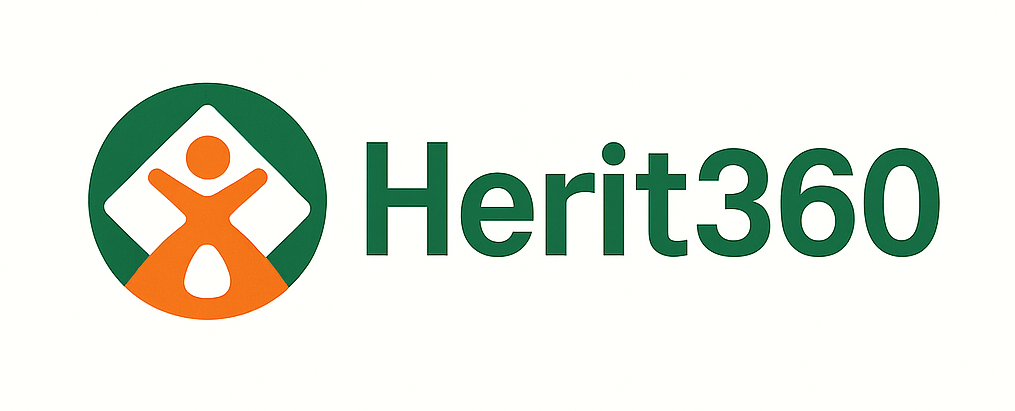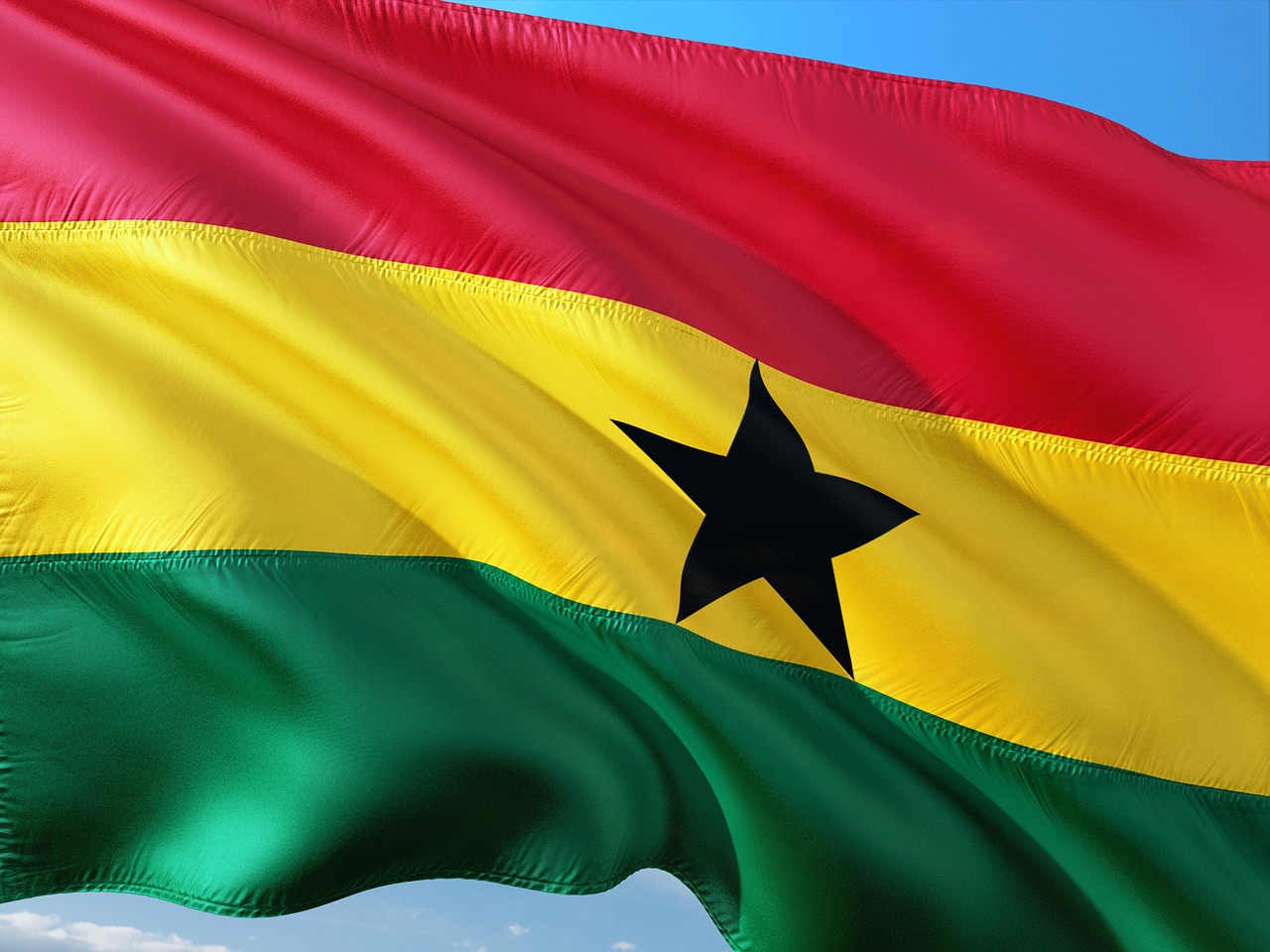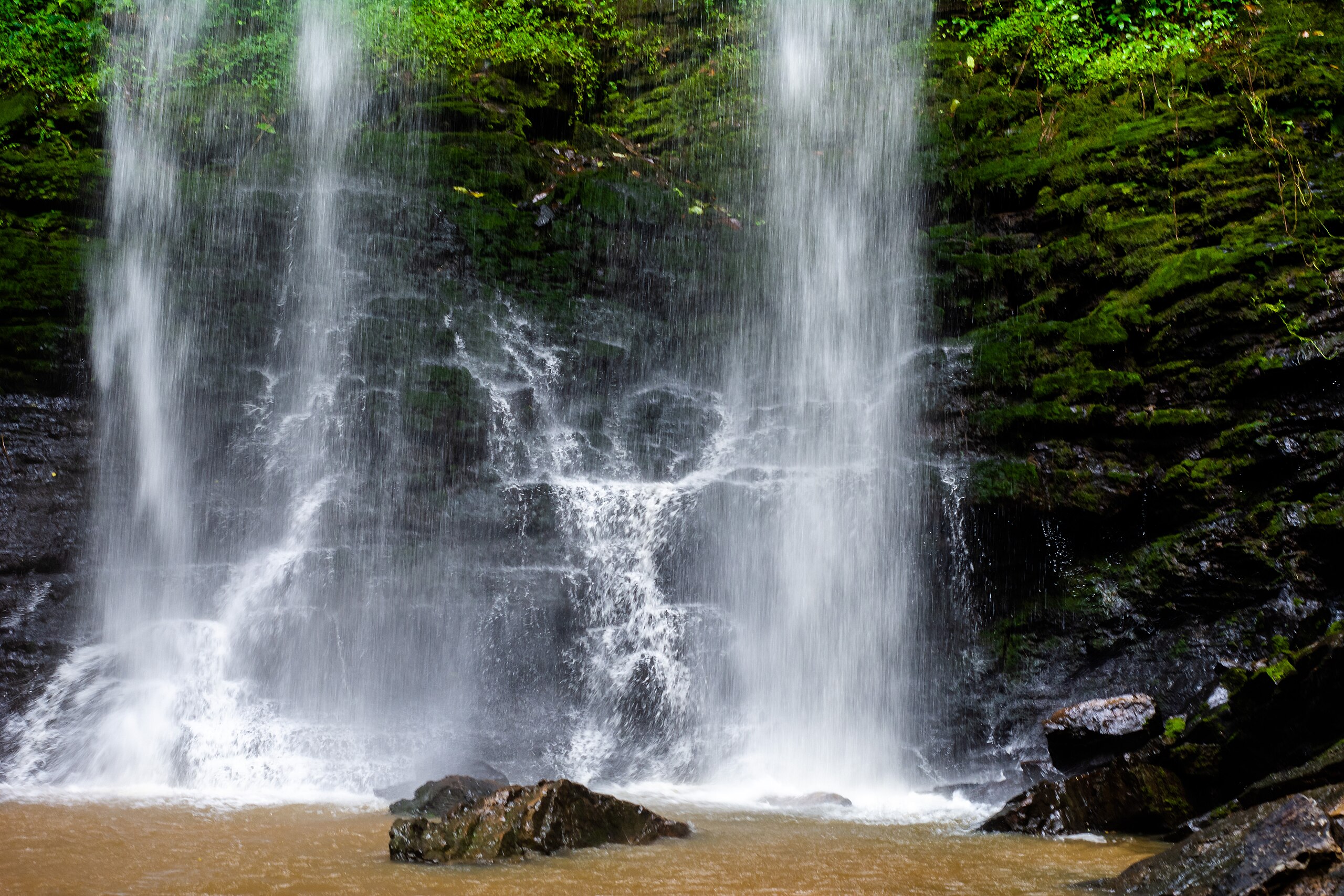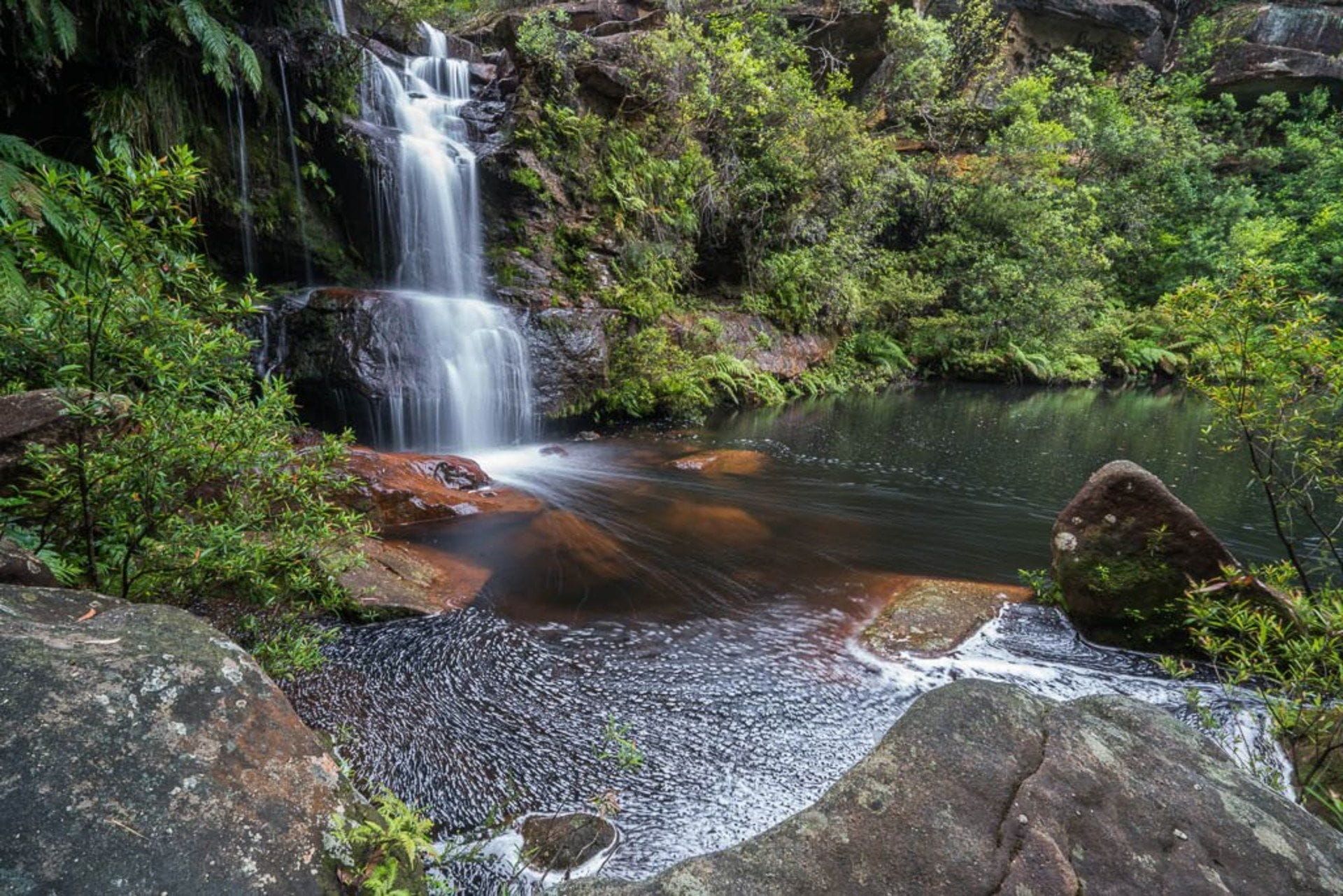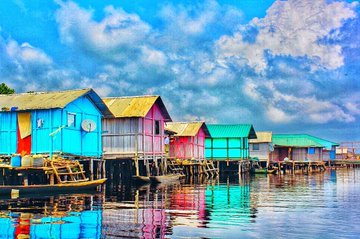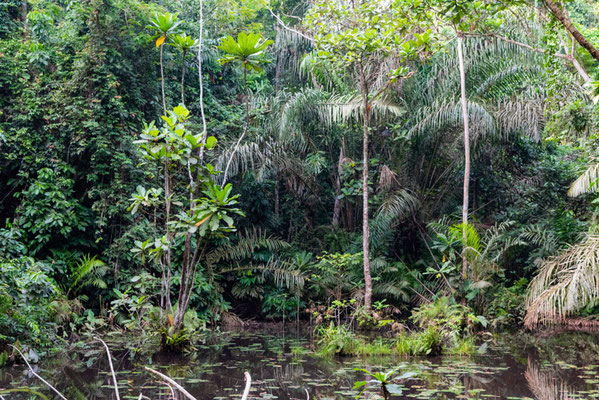
Festivals in Ghana
Kpini Chugu Festival – Dagomba (Northern Region)
· The Dagomba people celebrate the Kpini Chugu Festival, also called the Guinea Fowl Festival. It is a hunting-based festival that commemorates the cultural significance of the guinea fowl in Dagomba traditions. The bird is not only an important food source but also symbolic of resilience and survival.
· Time: Usually celebrated in February or March.
· Region: Northern Region.
Dodoleglime Festival – Ve Traditional Area (Volta Region)
· The people of the Ve Traditional Area in the Volta Region observe this festival. It commemorates the escape of the Ewe people from Notsie in present-day Togo, where they had been held captive by a wicked king, Togbe Agorkorli. “Dodoleglime” means “exodus.” The festival highlights cultural performances, rituals, and storytelling.
· Time: Usually held in November.
· Region: Volta Region.
Volo (Me/LoMo) Festival – Volo People (Volta Region)
· The Volo Festival, also called Me or LoMo Festival, is observed by the Volo people of the Volta Region. It is celebrated to commemorate their migration history and resilience. The festival features drumming, dancing, and community gatherings.
· Time: October/November.
· Region: Volta Region.
Lukusi Festival – Ve Communities near Hohoe (Volta Region)
· The Lukusi Festival is unique to the Ve communities around Hohoe. It celebrates ancestral heritage and the preservation of sacred groves. Traditional rites, purification rituals, and communal activities are carried out to honor the ancestors.
· Time: Typically in August or September.
· Region: Volta Region.
Danyiba Festival – Kpando Area (Volta Region)
· The Kpando people of the Volta Region celebrate the Danyiba Festival. It is a festival that marks the agricultural season, especially yam and maize harvests. Cultural drumming, dance, and thanksgiving prayers are key highlights.
· Time: Around August/September, (harvest season).
· Region: Volta Region.
Asikloe Festival – Anfoega People (Volta Region)
· The Anfoega Traditional Area in the Volta Region celebrates the Asikloe Festival. It commemorates migration history, unity, and thanksgiving for bountiful harvests. It also features traditional war dances and songs of bravery.
· Time: October.
· Region: Volta Region.
Fievie Kpor Legba Festival – Fievie-Dugame (Volta Region)
· The Fievie people in the Volta Region to honor their ancestral gods and migration history celebrate this festival. Rituals include drumming, dance, libation, and thanksgiving for protection and prosperity.
· Time: Usually in November.
· Region: Volta Region.
Sometutuza (Keta-Sometutuza) – Agbozume (Somey People, Volta Region)
· The Somey people of Agbozume celebrate the Sometutuza Festival in remembrance of their migration from Notsie in Togo. It is similar to Hogbetsotso but specific to the Somey. The festival is marked with colorful durbars, dancing, and communal unity.
· Time: November.
· Region: Volta Region.
Agumatsa (Wli) Waterfalls Festival – Wli Traditional Area (Volta Region)
· The people of Wli, home to the famous Wli Waterfalls, celebrate this festival as a thanksgiving to God and their ancestors for natural resources and protection. It is also a tourism-driven festival that attracts visitors to the area.
· Time: Often held in September.
· Region: Volta Region.
Apafram Festival – Akwamu People (Eastern Region)
· The Akwamu people in honor of their warriors and ancestors celebrate the Apafram Festival. It involves rituals at ancestral shrines, purification rites, and community durbars. It also celebrates their victories in wars.
· Time: Typically in November.
· Region: Eastern Region.
Afenorto Festival – Mepe Community (Volta Region)
· The Mepe people celebrate the Afenorto Festival, meaning “a period of rest at home,”. It is a homecoming festival that reunites families and clans. The festival is also a time for development discussions, durbars, and thanksgiving.
· Time: Usually in July/August.
· Region: Volta Region.
Papa Festival – Kumawu Area (Ashanti Region)
· The Papa Festival is observed in the Kumawu Traditional Area. It is tied to the remembrance of warriors and ancestors and is celebrated with durbars, libations, and cultural displays.
· Time: Usually September.
· Region: Ashanti Region.
55. Opemso Festival – Kokofu-Anyinam (Ashanti Region)
· This festival celebrates the birth of Osei Tutu I, the founder of the Ashanti Empire, who was born under the “Opemso” tree in Kokofu-Anyinam. It involves traditional rituals, durbars, and re-enactments of Ashanti history.
· Time: Often celebrated in March/April.
· Region: Ashanti Region.
Ōvazu Festival – Akposo People (Volta Region)
· The Akposo people of the Volta Region celebrate the Ōvazu Festival. It marks their migration history and thanksgiving for harvests. Drumming, dance, and colorful rituals dominate the celebration.
· Time: October/November.
· Region: Volta Region.
Osudoku Festival – Asutsuare (Greater Accra Region)
· The Osudoku people near Asutsuare celebrate this festival. It is centered around ancestral remembrance and community development. Chiefs and people gather for durbars, cultural displays, and communal feasts.
· Time: Usually in April/May.
· Region: Greater Accra Region.
58. Mmoaninko Festival – Offinso People (Ashanti Region)
· The Mmoaninko Festival is celebrated by the people of Offinso in honor of Nana Wiafe Akenten, the chief who led the people to their current settlement. Colorful durbars, storytelling, and rituals of thanksgiving mark it.
· Time: Celebrated every four years (rotation cycle).
· Region: Ashanti Region.
Papa Festival (Western/Ashanti Contexts)
· In some contexts, the Papa Festival is also observed in parts of the Western Region as well as Ashanti. It maintains similar themes of ancestral reverence, thanksgiving, and unity. Local variations exist, but it is less popular compared to larger Akan festivals.
· Time: Varies (harvest season months, typically August–October).
· Region: Western / Ashanti Region.
Related content
Interdum et malesuada fames
